Cadence Chung is a poet, writer, classical vocalist and musician who blends all of these art forms for her interdisciplinary practice. Her debut poetry collection anomalisa was published in 2022, and she is a co-founder of the literary magazine Symposia. Her music has been performed at BATS Theatre, and she has performed with the NZ Opera, the Orpheus Choir and the Wellington Comic Opera.
What her art is
My main thing is being a poet. I wrote a poetry book in my final years of high school, and it was published in my first year of university by Tender Press.
I’m also a classical singer, so I made the choice to have that as my main pathway in my degree. At first I didn’t blend the two, but now I’m really seeing how music and poetry work together, so I’ve started getting into composing art songs – classical-ish songs that set existing poems to music.
Those are my main things: composing, poetry and singing.
Her day-to-day life
It’s quite busy!
I go to uni every day – I’ll go to several lectures, workshops and classes – and then I also work. I teach part-time, and I work at RNZ Concert, so I’ll be recording shows there during the week. I fit in composing and poetry wherever I can – whenever the inspiration strikes, I have to do it right there. If I’m in a lecture I’ll write then, or on a bus in between the various things I’m going to.
It’s very rare that I actually sit down and write something with dedicated time. I just have to fit it in!
How composition works
A common comment I get is people asking, “Where do you get your ideas from? Where does this come from?” because to them it seems so mystical, right? Especially with composing or even poetry, I don’t think people realise how much translating of ourselves we have to do. It’s very easy to have a spark of inspiration but turning that into something is very difficult.
When I’m composing I’ll hear something in my head, like, “That’s it! That chord is perfect.” And then I’ll spend hours on the music software trying to write down exactly what I’m hearing because I’m not sure what it is myself.
I think we can kind of mystify ourselves a lot. There’s a lot of self-filtering and translation to actually create a finished project from the dream we get from the muse.
Who supports her
Well, I currently live at home with my family! Which obviously saves me a lot of time trying to get enough money trying to pay rent in this Wellington housing market, but that won’t be forever. At the moment, though, I am really lucky to have that.
Another support system I really appreciate is having a big community of poets and artists around me to bounce ideas off. I remember when I was in high school there weren’t many poets or classical musicians at my school, especially not ones producing the amount of work that I was producing. So it’s great to now have a big community of poets, to be able to read their work and get inspiration from that.
I think that’s a lot of what is missing, especially for young artists – being able to bounce ideas off of each other. I feel I’ve just written so much more because I’ve had a lot of real inspirations that are standing right there and I can actually talk to about their work.
How to process being an artist in the public eye
When I was younger I was an angsty teenager who was being published, which I’m very glad about, but anything you did as a teen you look back and cringe at a little bit. It can be difficult to present yourself to the world, especially with poetry and song which are two of the most personal art forms.
As I’ve matured and grown, I’ve realised that poetry and music are really crafts, I’ve sort of separated the speaker from myself a little bit more. The speaker of every poem is inspired by me, so she has my experiences, but just having that bit of distance and having it be a slightly heightened or fictionalised version of you protects you from feeling too upset if people criticise things, or read into you too much.
What structural changes would enable her to continue working
Money is a big thing. Funding is difficult to get, especially with cuts to lots of funders. It’s really, really difficult to be able to turn an idea into an actual production or to have a physical object like a book printed, just because it’s so expensive and there’s not much support out there. We’re getting less and less support.
I’ve had to do most of my projects on tiny budgets and had to squeeze everything out because that’s all we could get. Even though we’ve had a lot of generosity towards us, it still feels like people really don’t want to invest in the arts.
In the singing world, people often rely on private donors. It’s something that has existed in classical music for a long time, but I think it is worrying to have your entire career and all that one power on one person who could take it away at any point. I don’t think that’s a solution either.
The difficulty she faces as a young artist
I’m only 20, and while people do absolutely praise young artists for coming out and doing things on their own, I think it’s still very much thought of as a frivolous thing to do or that it’s just a bunch of kids out there writing poems who need to get a real job.
It’s this weird double bind where people love consuming art but at the same time don’t really trust artists. I’ve found the big struggle for me is that I believe in myself, and I believe in my peers, but I think that a lot of people don’t.
The things she wants to achieve as an emerging artist
There’s a lot I want to do! I want to write an opera, probably several. I want to explore more genres of composition, so I’m looking to do an orchestral song at some point and some choral music.
Writing another book is definitely on the horizon as well. Perhaps a novel, but I’m not sure I’m ready to become a prose writer just yet.
I’m always looking to explore and find new ways to merge art forms. I really only discovered writing art songs quite recently, and so I’m keen to keep doing stuff like that – finding different ways to combine things, and create unique art experiences. Recently, I released a book of work by young New Zealanders and we recorded them reading the poems, performing the compositions or explaining things about their visual artworks.
That was so special to me, and I want to find more ways to create interdisciplinary collaborations while also uplifting the work of other artists. It shouldn’t just be all about me.
What keeps her going
Receiving positive feedback is heartening! Especially from young people. I’ve had some very lovely emails and chats with people who are in high school, or starting out their journeys as artists, and they’ve said they’ve found my work inspiring. That’s incredible because I remember being a little Year 10, meeting Chris Tse and thinking, “Oh my gosh! I want to be like him.” Knowing that maybe I’m that figure for other people is incredible and really humbling that my art can do that for people.
I’m looking forward to wherever things take me. I had this moment the other day where I was cleaning up a score for a string quartet and also practising for the opera coming out and I just wanted to relax. Then I had to remind myself, “You’re writing something for the New Zealand String Quartet and you’re performing for NZ Opera. Year 9 you wouldn’t have believed that.”










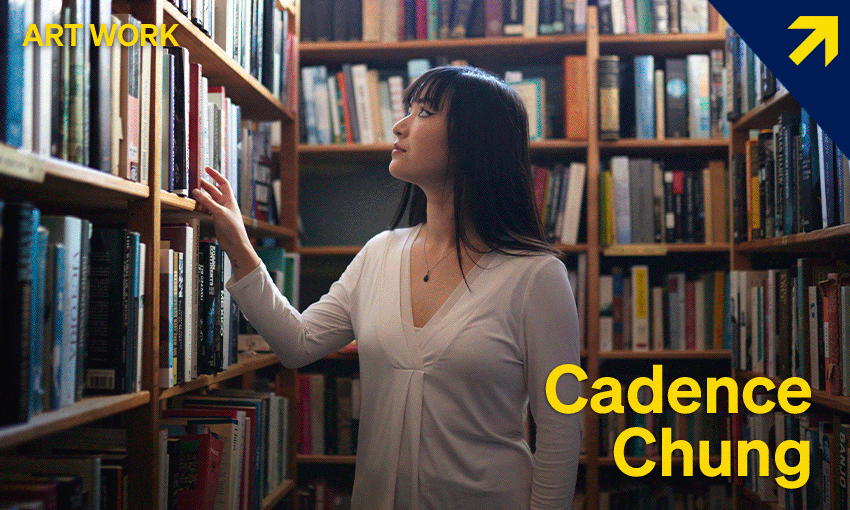
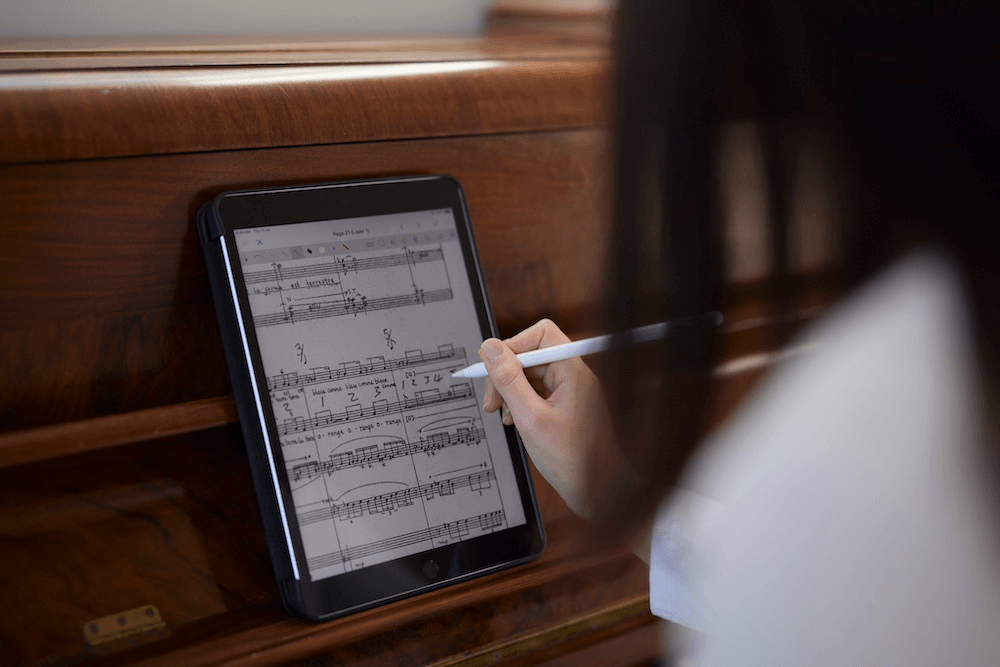
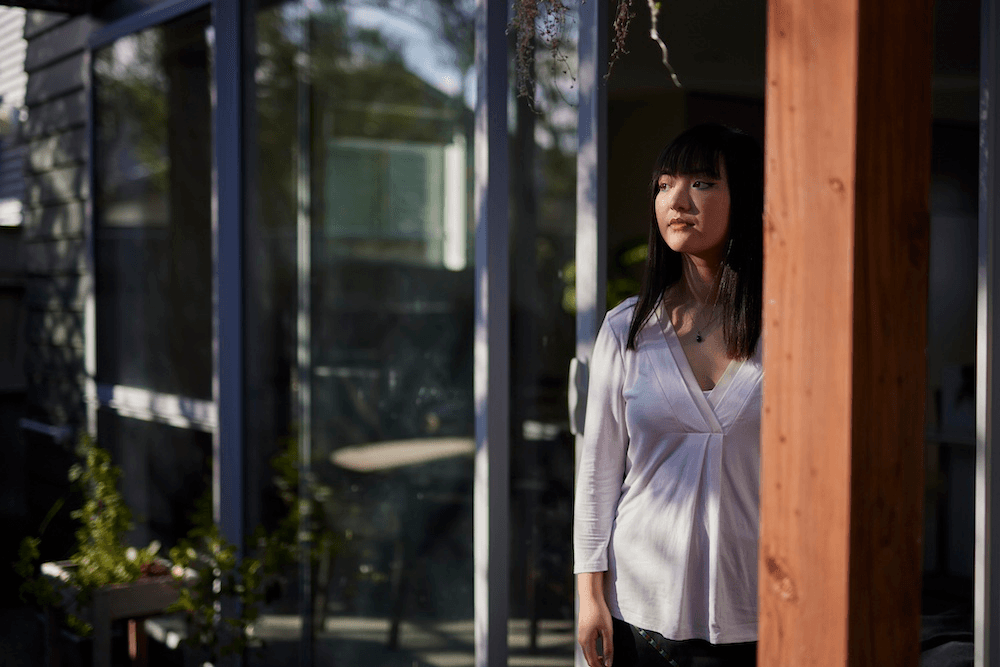

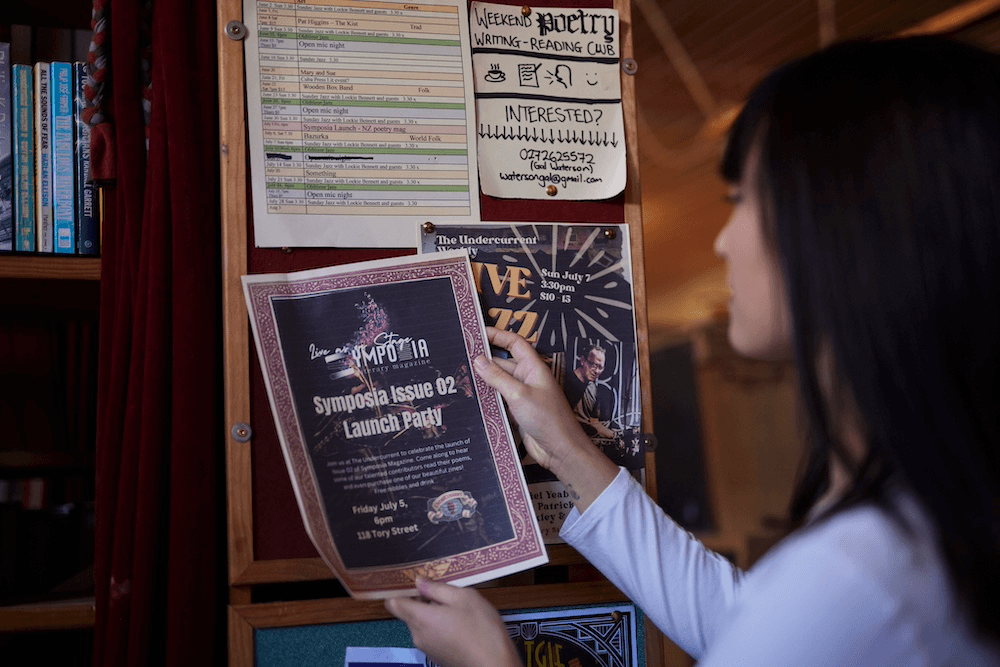
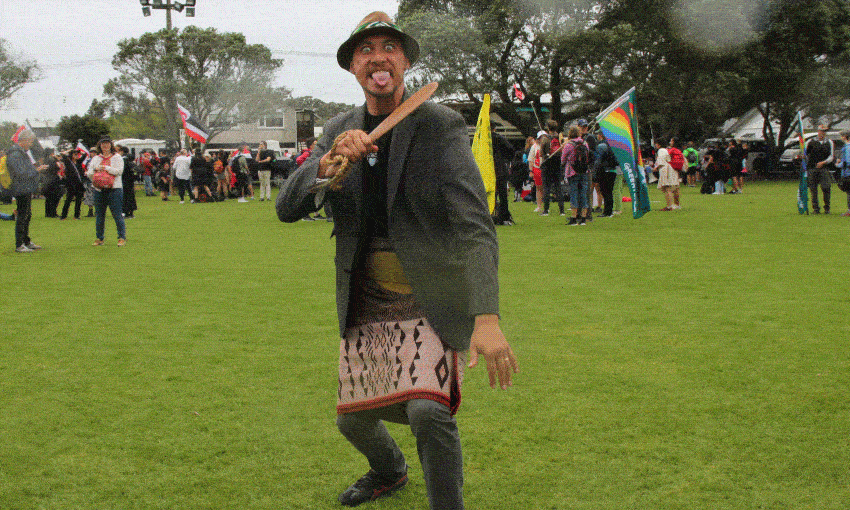
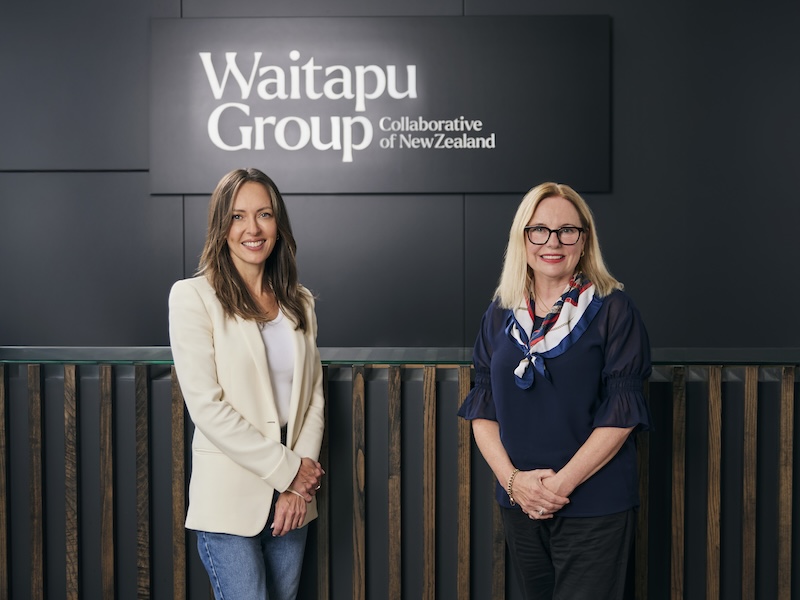




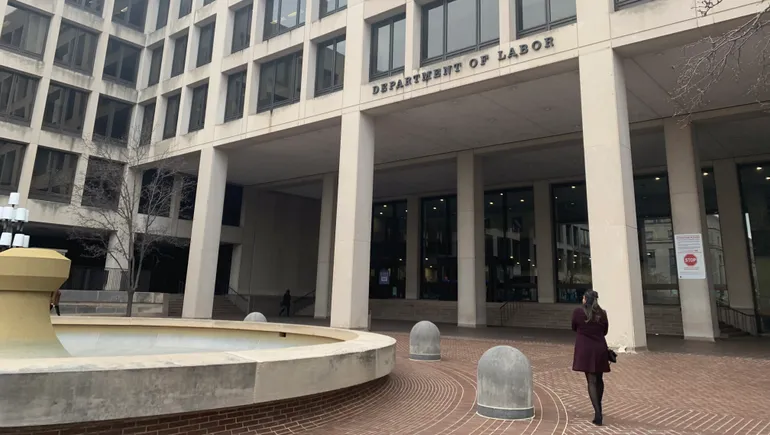



Discussion about this post